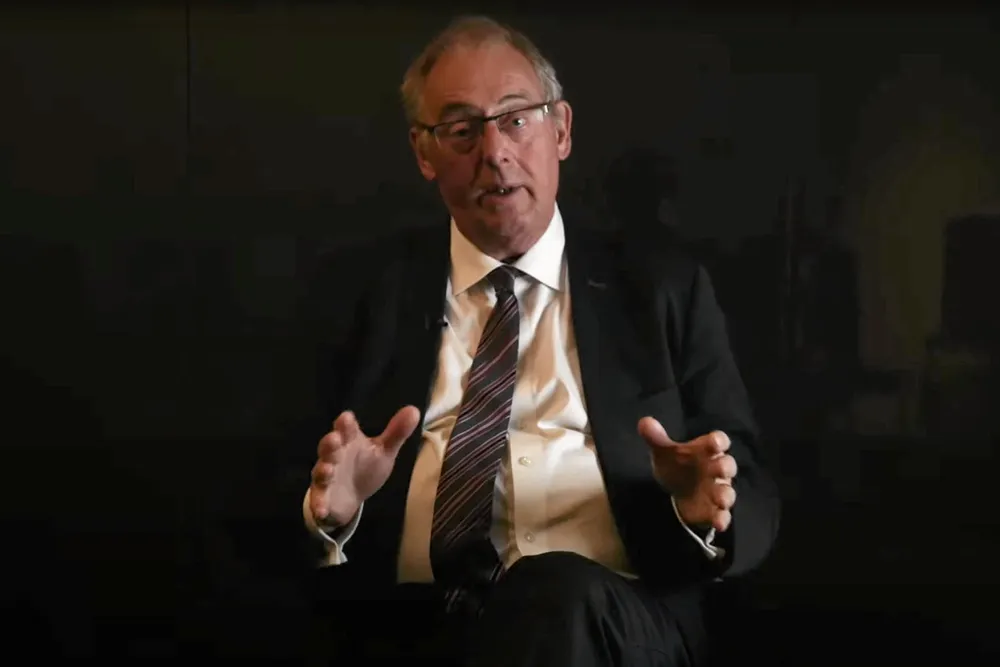Prominent advocate for hydrogen heating 'has been secretly receiving money from gas network trade body'
Professor Ad van Wijk, who has been arguing for government to pay to convert gas pipelines to run on H2, says funding from Netbeheer Nederland never influenced him
